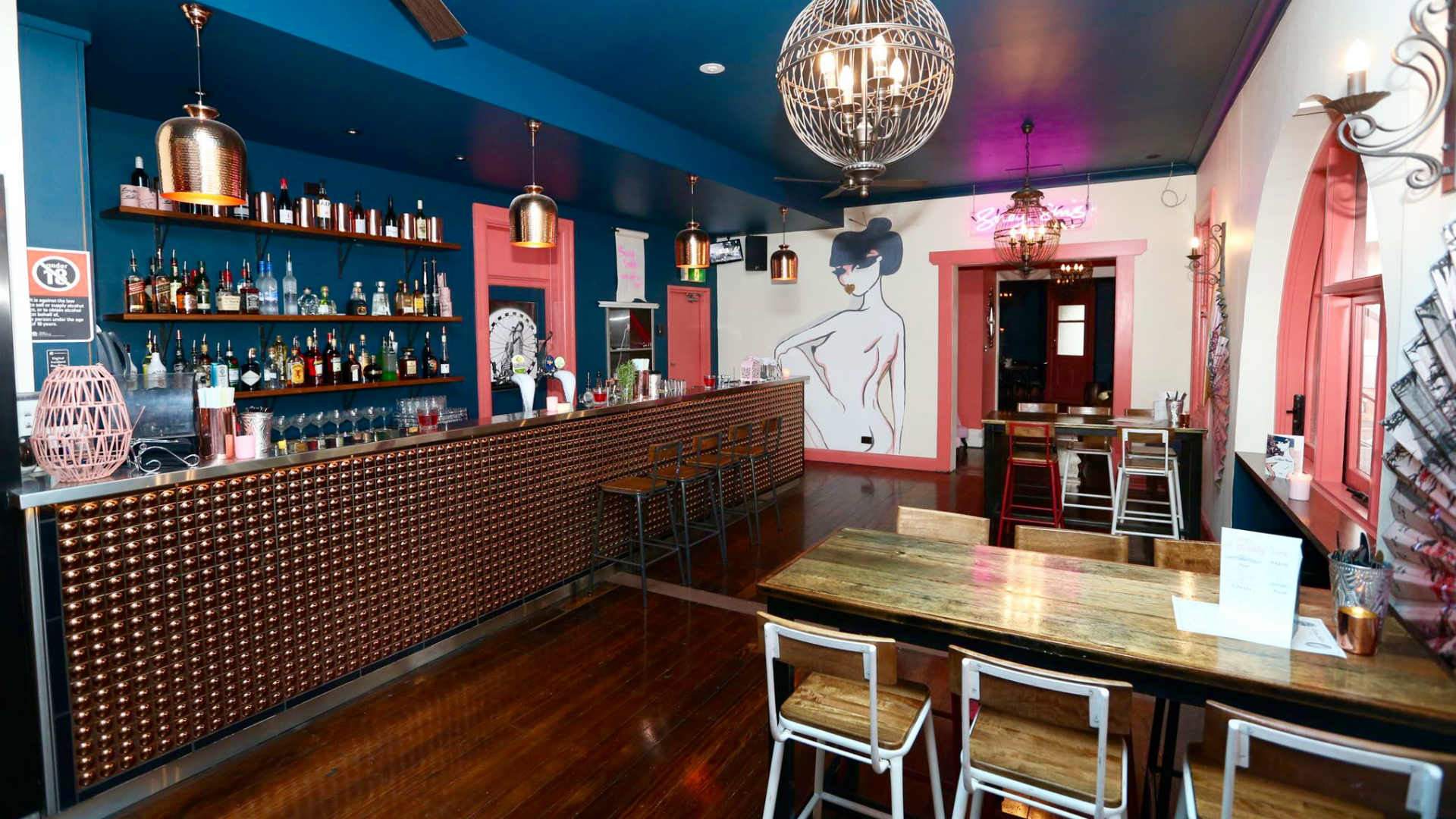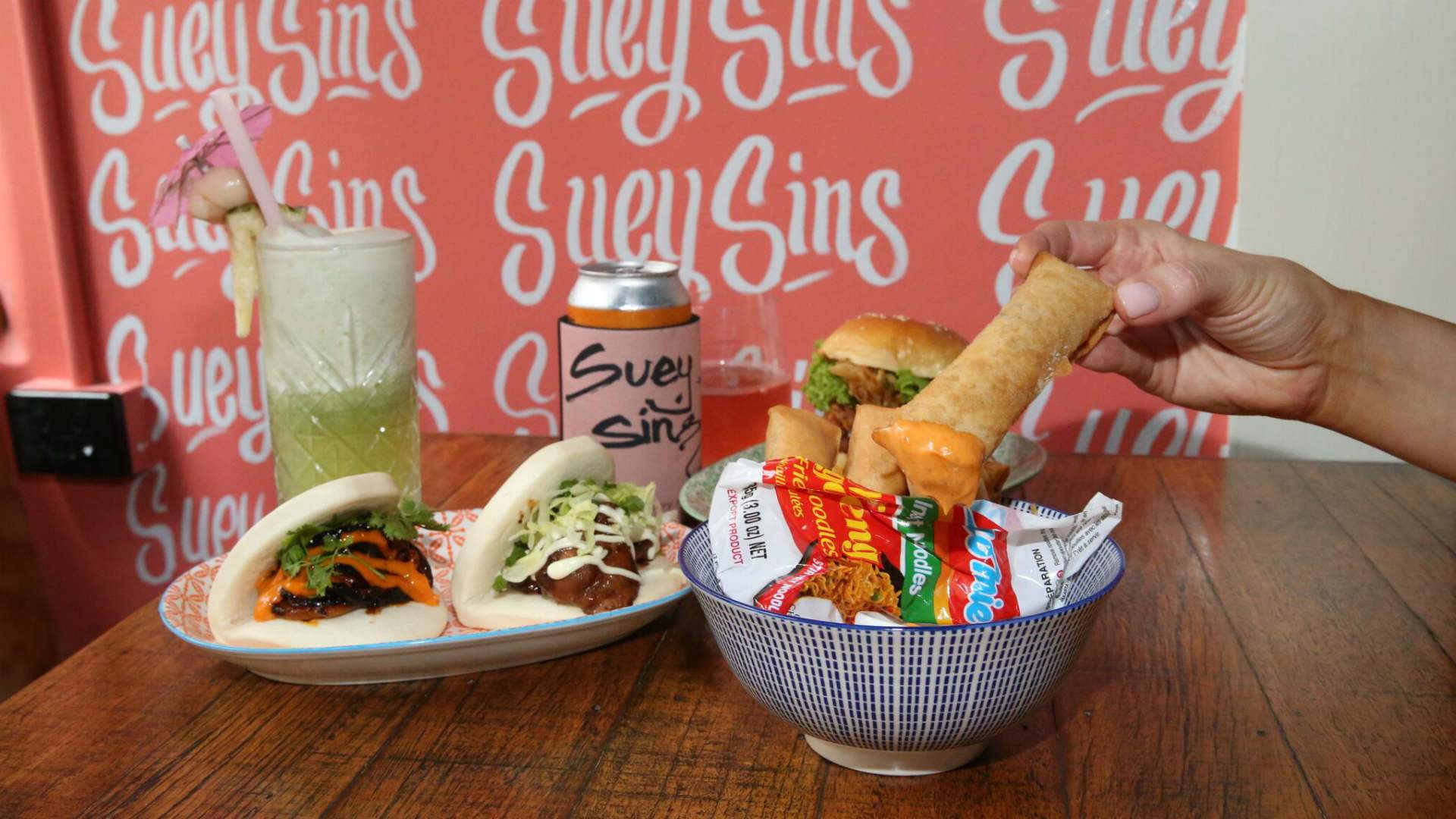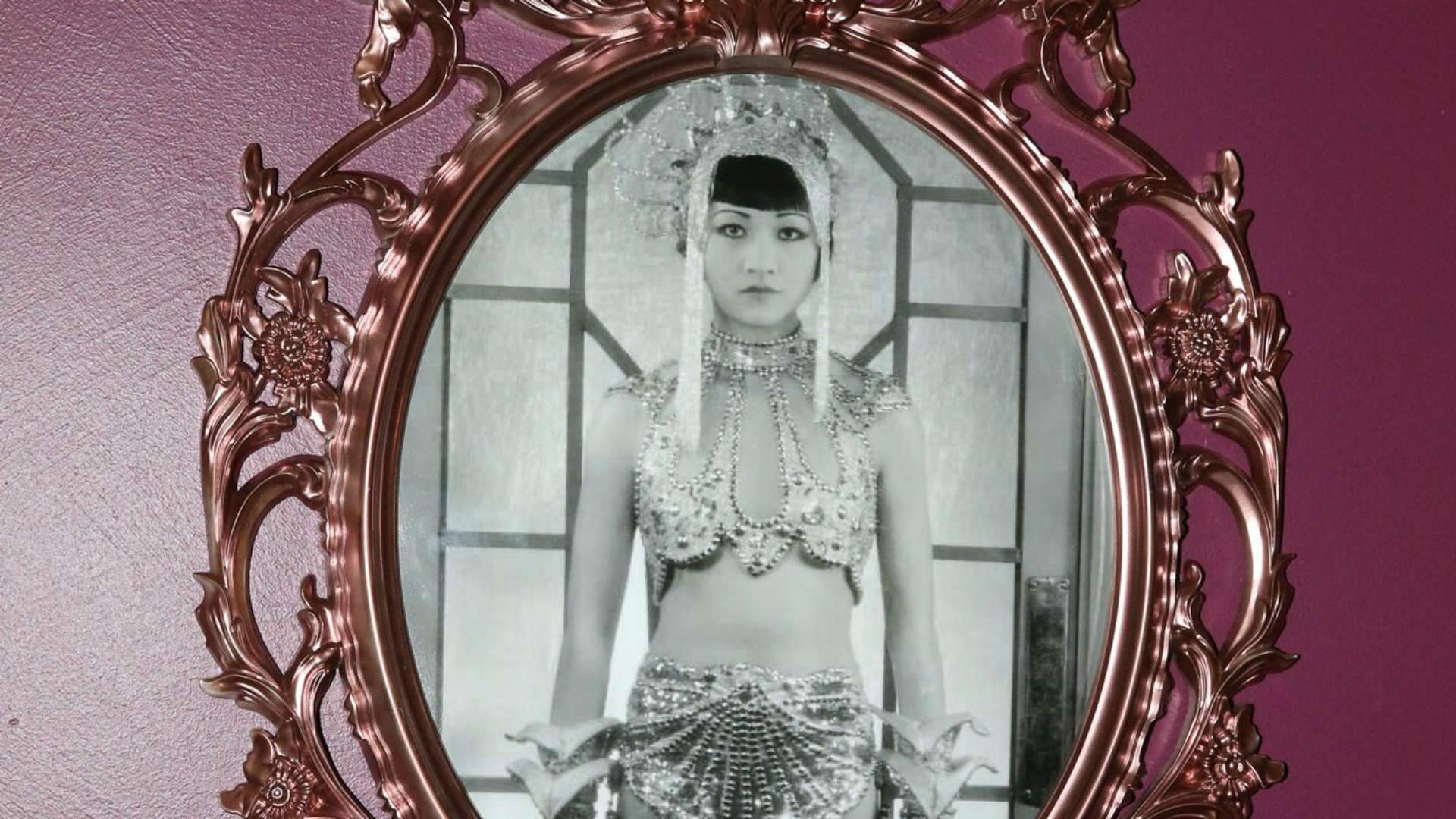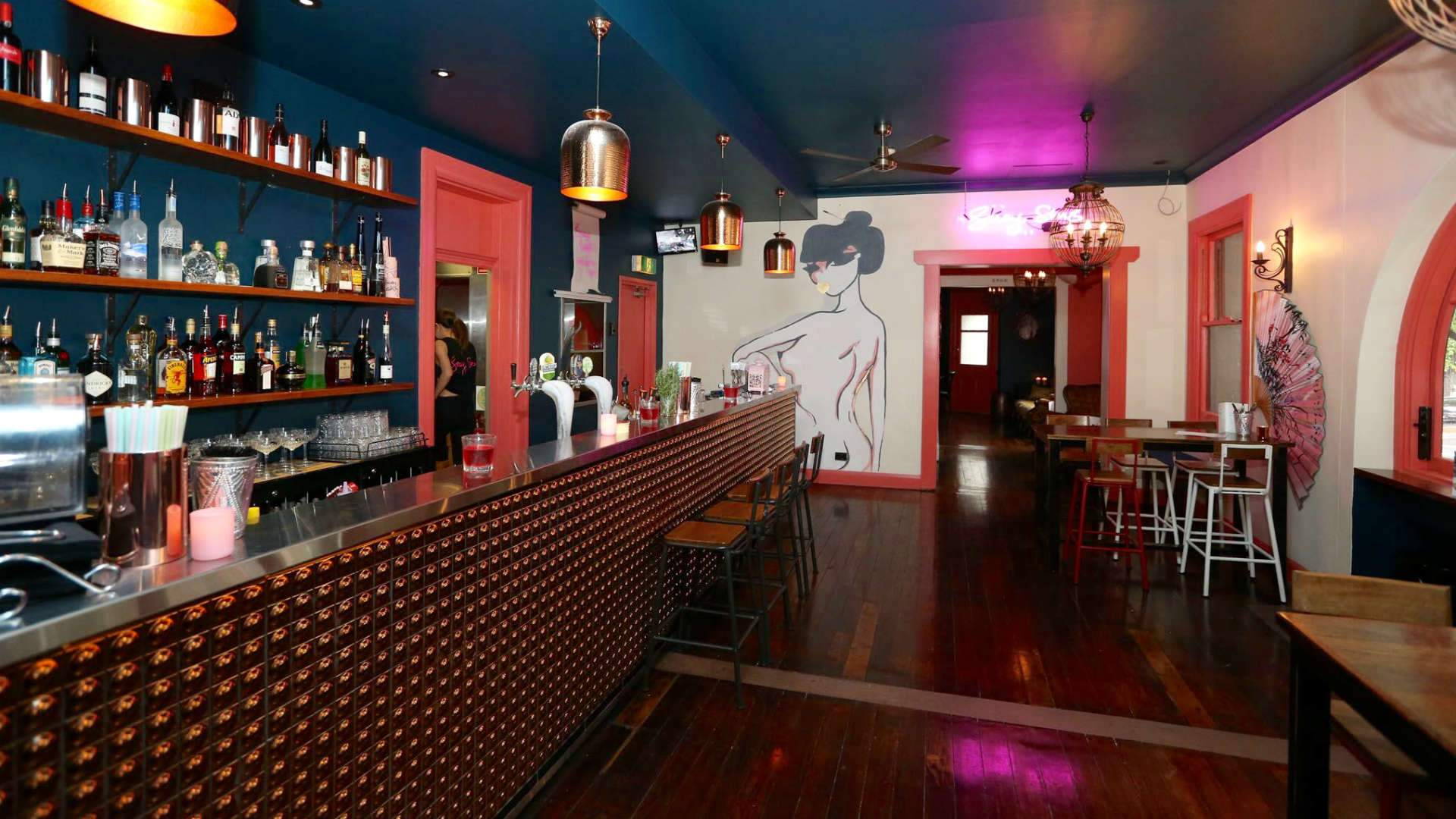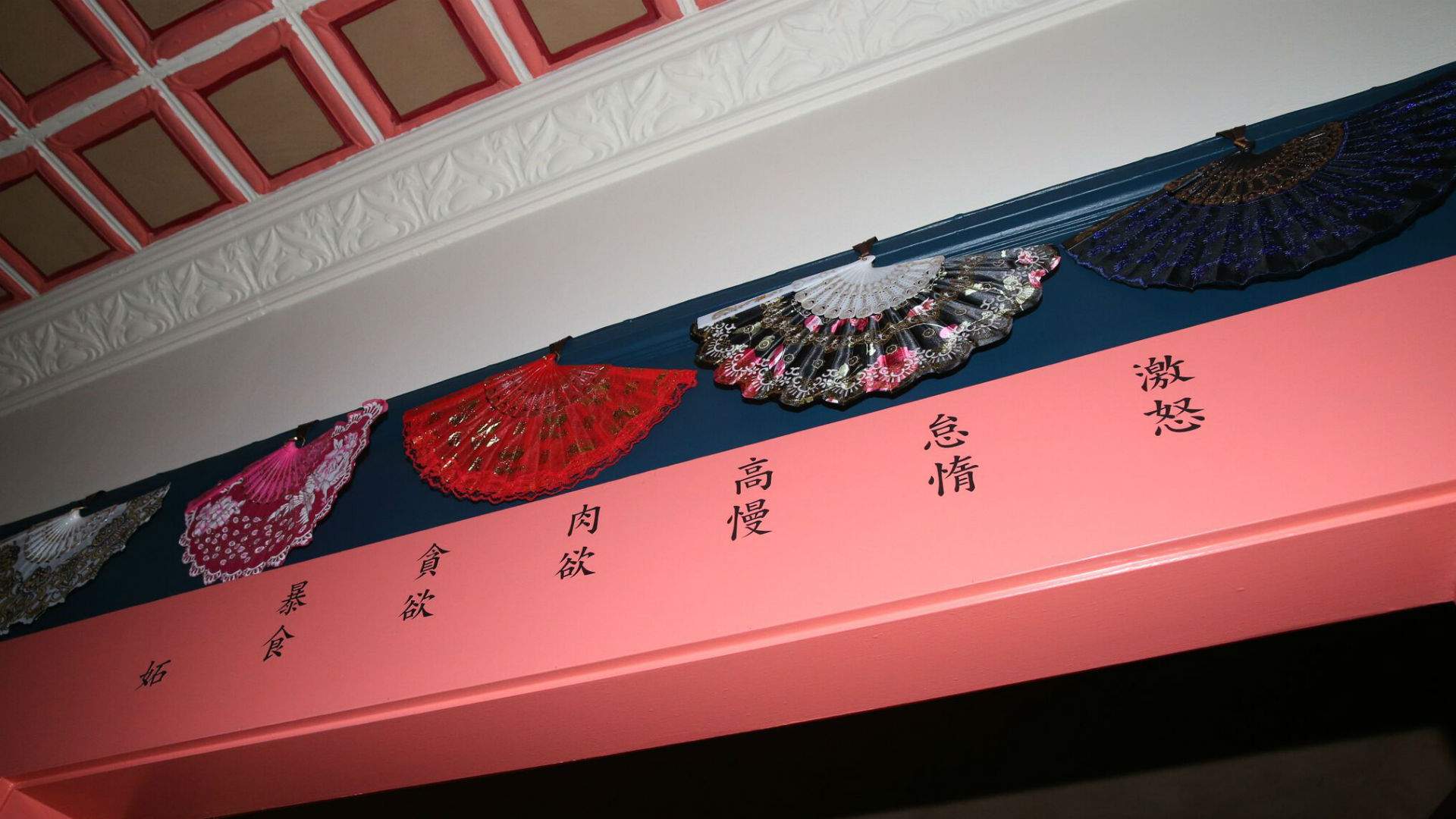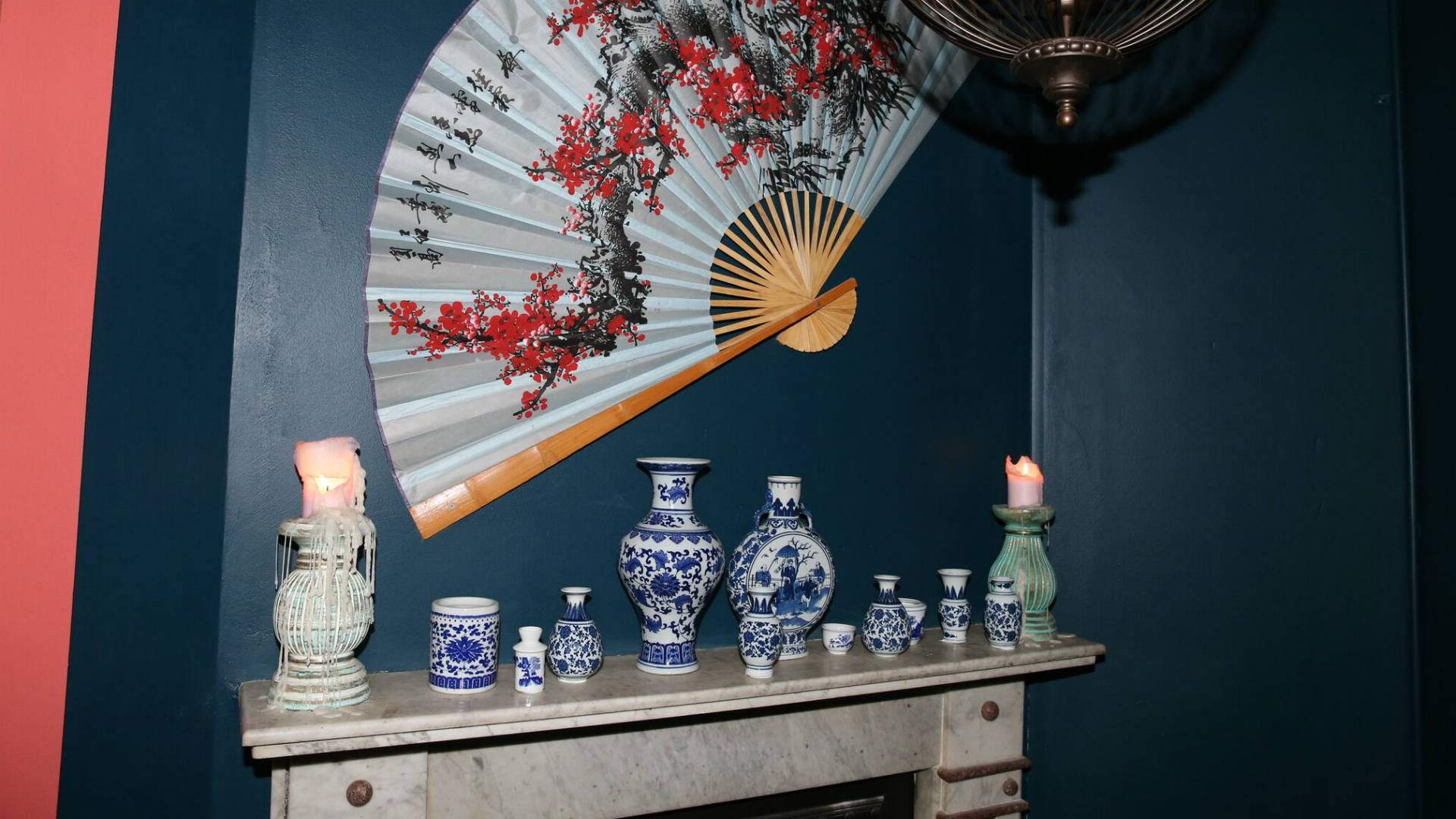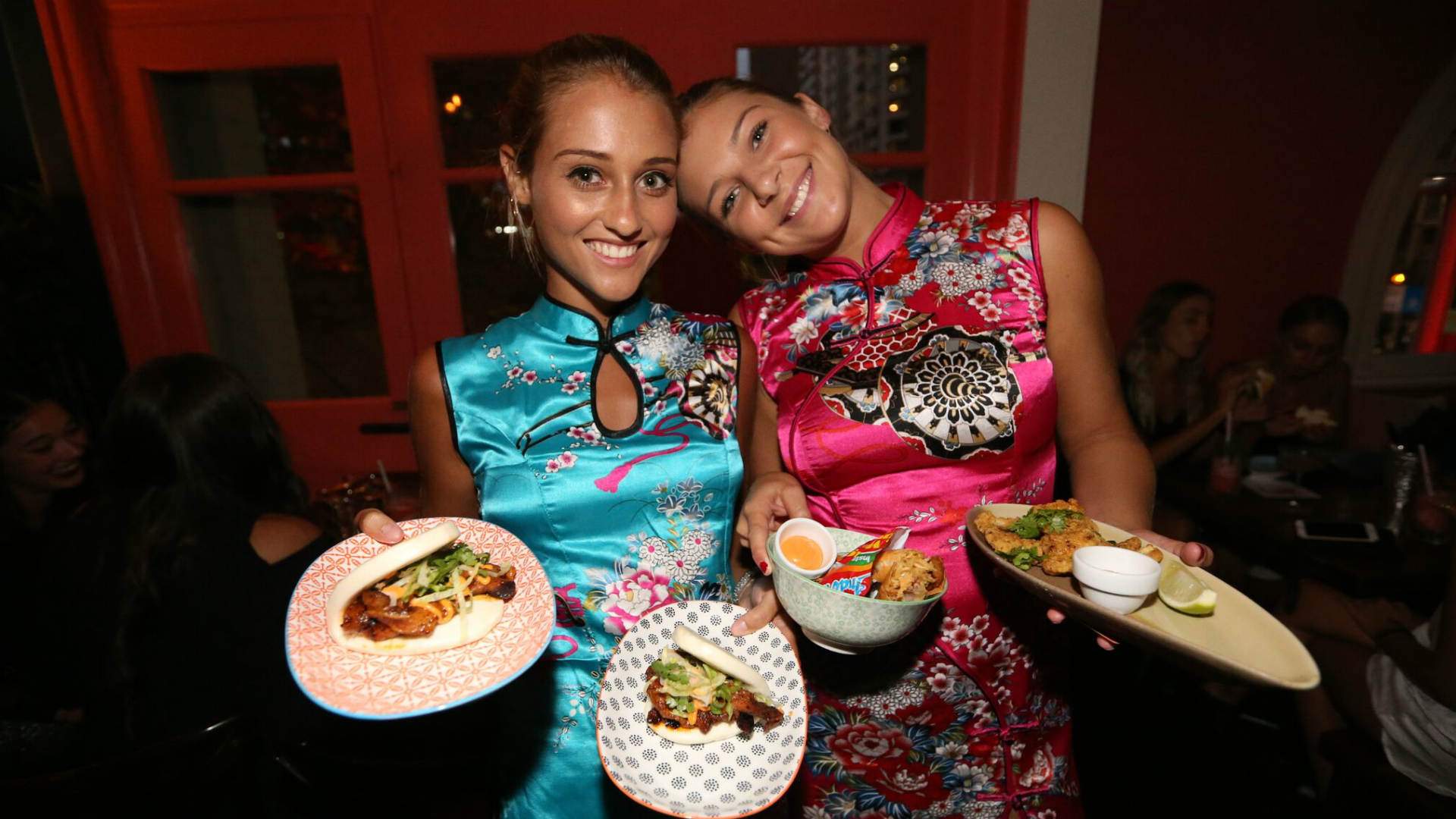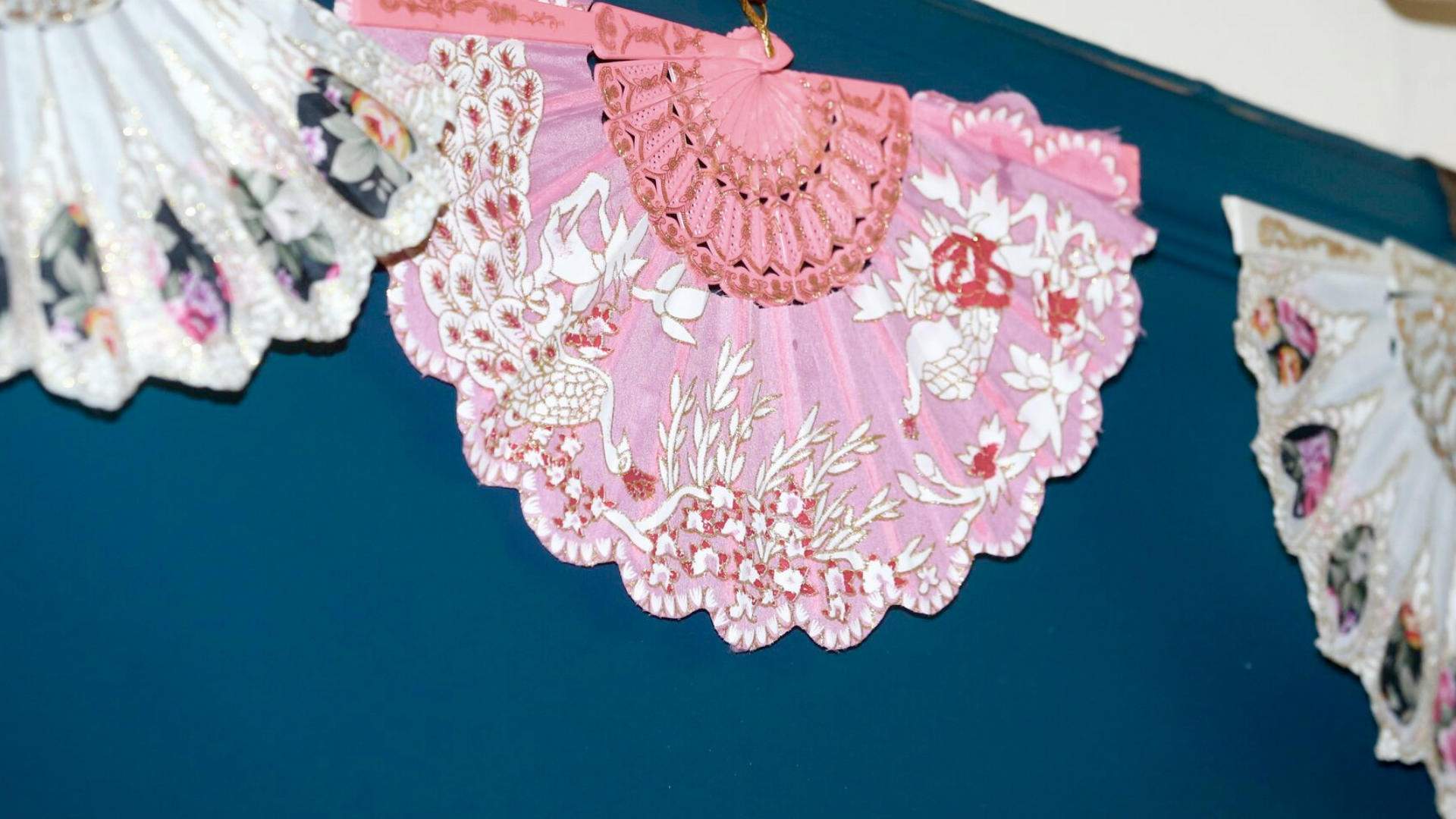Sydney's "Sexy Pre-War Shanghai" Bar Suey Sins Publicly Slammed for Cultural Appropriation
The Surry Hills newcomer has come under fire on social media for perpetuating negative colonial ideologies.
UPDATE MARCH 30, 2017: Suey Sins owner Eli West has responded by posting a statement on Facebook.
Over the past week Suey Sins has been subject to criticism regarding its concept and theme. I acknowledge all of the raised concerns and feedback surrounding Suey Sins theming, as well as those who have voiced their opinions.
I apologise unreservedly for any offence caused. I would also like to emphasise that it was never our intention to upset or offend.
The theme and character Suey Sin is fictitious, however I understand that offence has been taken to image references made of Anna May Wong. Further, whilst I acknowledge there has been offence taken in regards to images of staff members wearing the traditional Qipao dress these were for our annual Chinese New Year party and opening week of trade. Circulating images portray only a small portion of our multicultural team. As a young female leading a predominantly female team the glorification and exploitation of women of any culture is not something I condone or intended in Suey Sins theming. The voices of those offended have been heard and as a team we will be taking action to remove image references of Anna May Wong.
Due to the nature of the comments on the said original image of Suey Sins staff members, we did out of a duty of care for our staff remove the image from Facebook shortly after the comments no longer remained constructive
In an increasingly globalised world, and multicultural society like Australia it is important we continue to share, embrace and exchange other cultures with one another, which is what Suey Sins sought out to do and will continue to do.
Again, I sincerely apologise for any offence that has occurred.
Should you wish to provide any further feedback of a constructive nature please continue to inbox these through.
Thank you for your understanding.
In the time elapsed between launching earlier this month and opening their doors this morning, Sydney cocktail bar Suey Sins has placed itself firmly at the centre of public debates surrounding cultural appropriation, deeply rooted racism, and media ethics. While the venue's owner, 25-year-old entrepreneur Eli West, has said that she was aiming for an "old world charm" theme, members of the public have struck out on social media, saying that the apparent "sexy, pre-war Shanghai" theme is nothing more than wanton cultural appropriation, and nothing less than subtle racism that ignores the dark reality of Chinese culture during the British colonial era.
While West initially stated in one of the bar's press releases that she wanted to open a bar that "doesn't take it-self [sic] too seriously," public reaction has suggested that perhaps it would have been more prudent to take cultural appropriation at least a little bit seriously.
While the Chinese mainland was never colonised by the British, the effects of imperialism shaped China's culture, especially in the wake of the Opium Wars, and the Boxer Rebellion. With particular reference to the bar's staff uniform (traditional qipaos/cheongsams), activity on social media, and the thematic styling of the venue, Suey Sins has been accused of "continuing negative colonial ideologies", and "racist fetishisation of a marginalised women [sic] for a dollar" on their Facebook page.
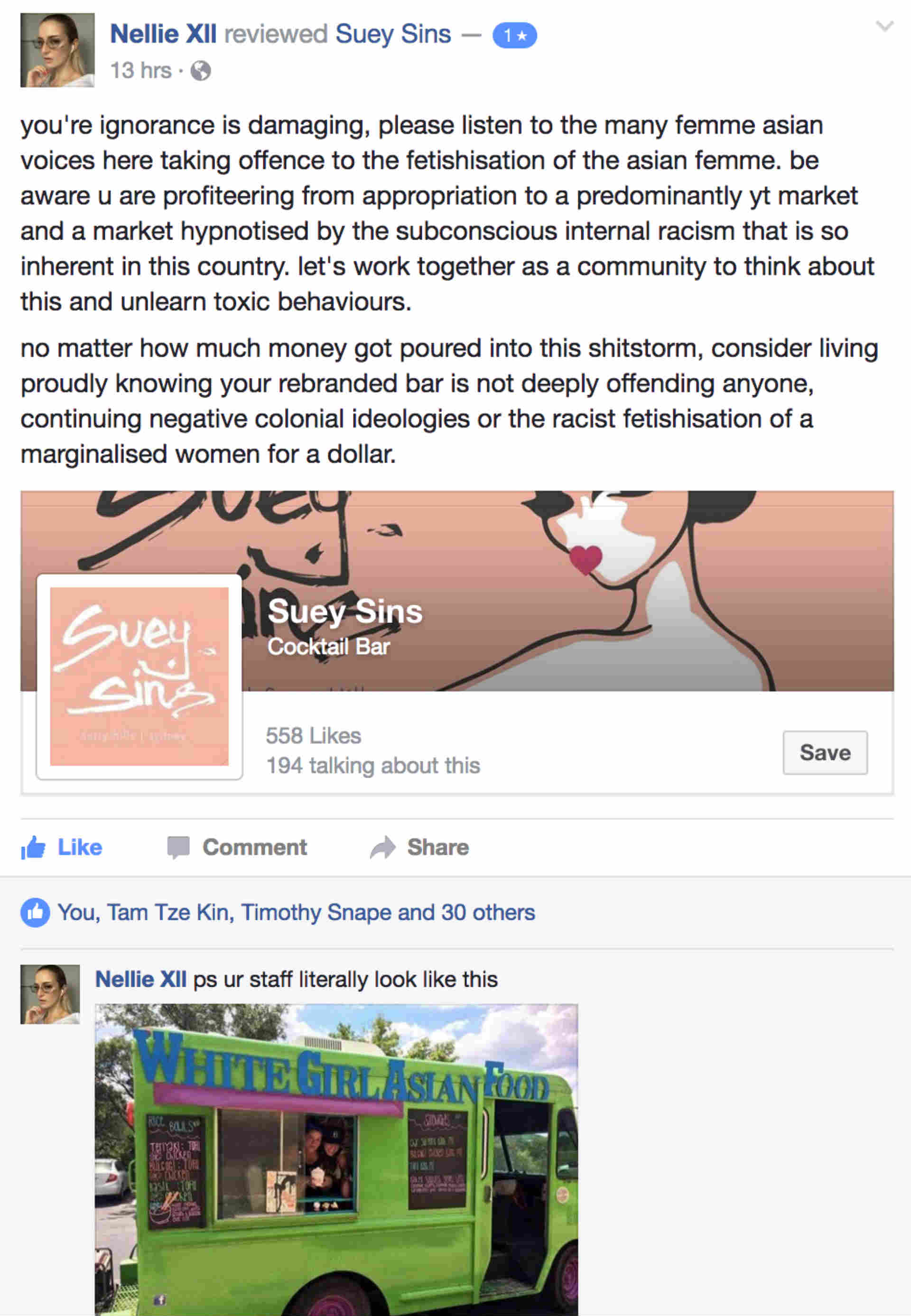
Suey Sins' initial press release stated that the the name for the venue comes from a "famous Shanghai call-girl ... a quintessential icon of the 'Shanghai Naughties'."
"I have spent most of my life travelling in Indonesia, and have some Chinese heritage and I like to think I may be related to a character very similar to Suey Sin," explained West in the same press release. "I love the idea of this seductive, alluring woman who had old world charm and poise but also knew exactly what she wanted and how to get it. I see a bit of that in myself and the young women who will drink here."
Unfortunately, as Pedestrian reported yesterday, the search for the existence of a "famous Shanghai call-girl" called Suey Sin has been somewhat fruitless. Routledge Handbook of the Chinese Diaspora, edited by Chee-Beng Tan, suggests Suey Sin was a Chinese woman working in the film industry in Los Angeles in the 1920s. So, not pre-war Shanghai, or a 'call girl', but the timing is right. On the walls of the venue, there is also a collage of Chinese-American actress Anna May Wong who, during her illustrious career, was passed over for a role playing a Chinese woman by MGM in 1935 in favour of German actress, Luise Rainer.
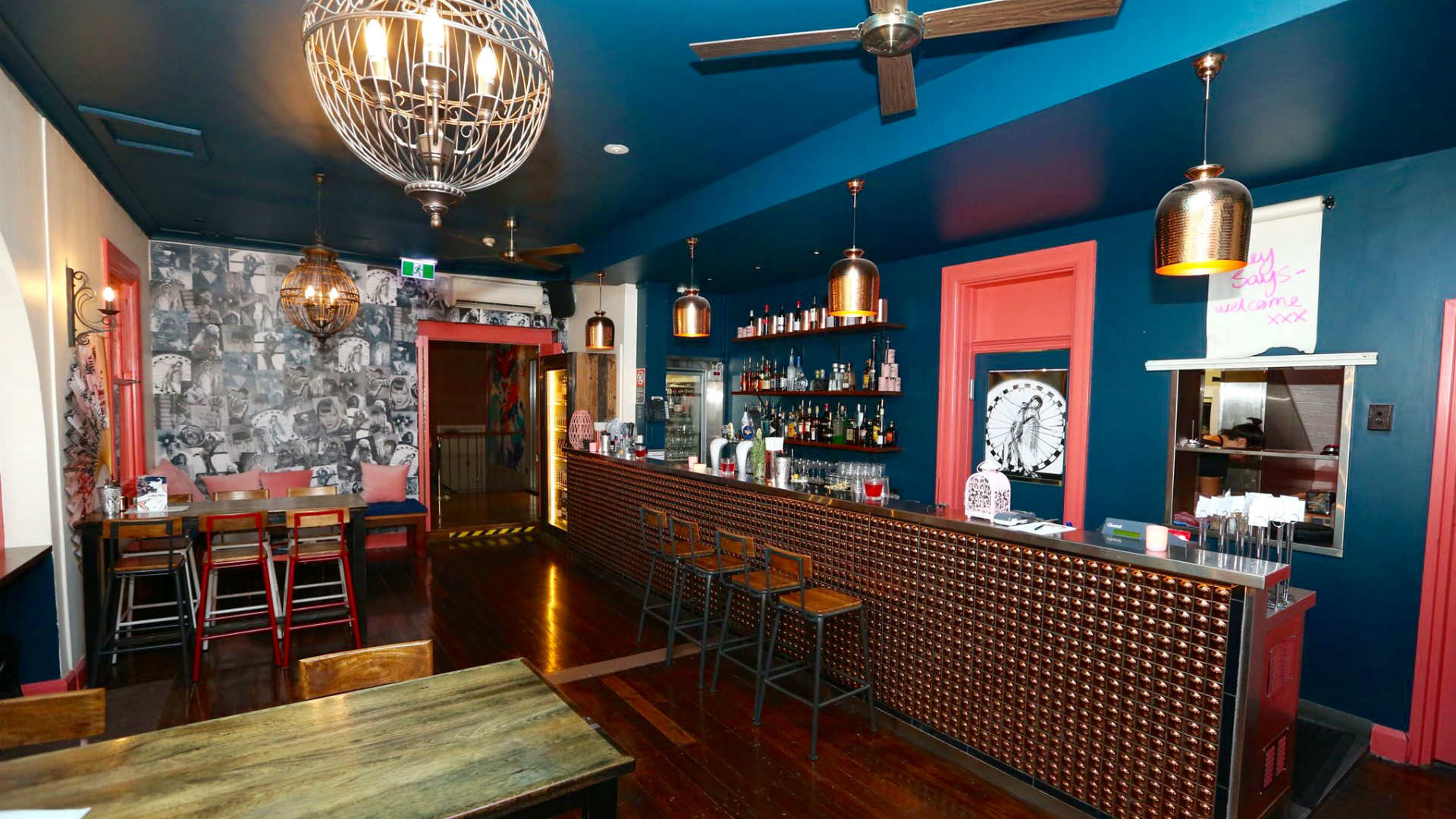
Compounding the backlash the venue has faced, management has taken to deleting negative comments and reviews from their Facebook page (a significantly problematic no-no), and offering a pallid ghost of an apology that focuses on their mission to "create a venue that focuses on delicious Asian fusion inspired street style food and creative beverages for all to enjoy". The apology doesn't touch on the issues with the thematics and styling of the venue from whence the backlash originated.
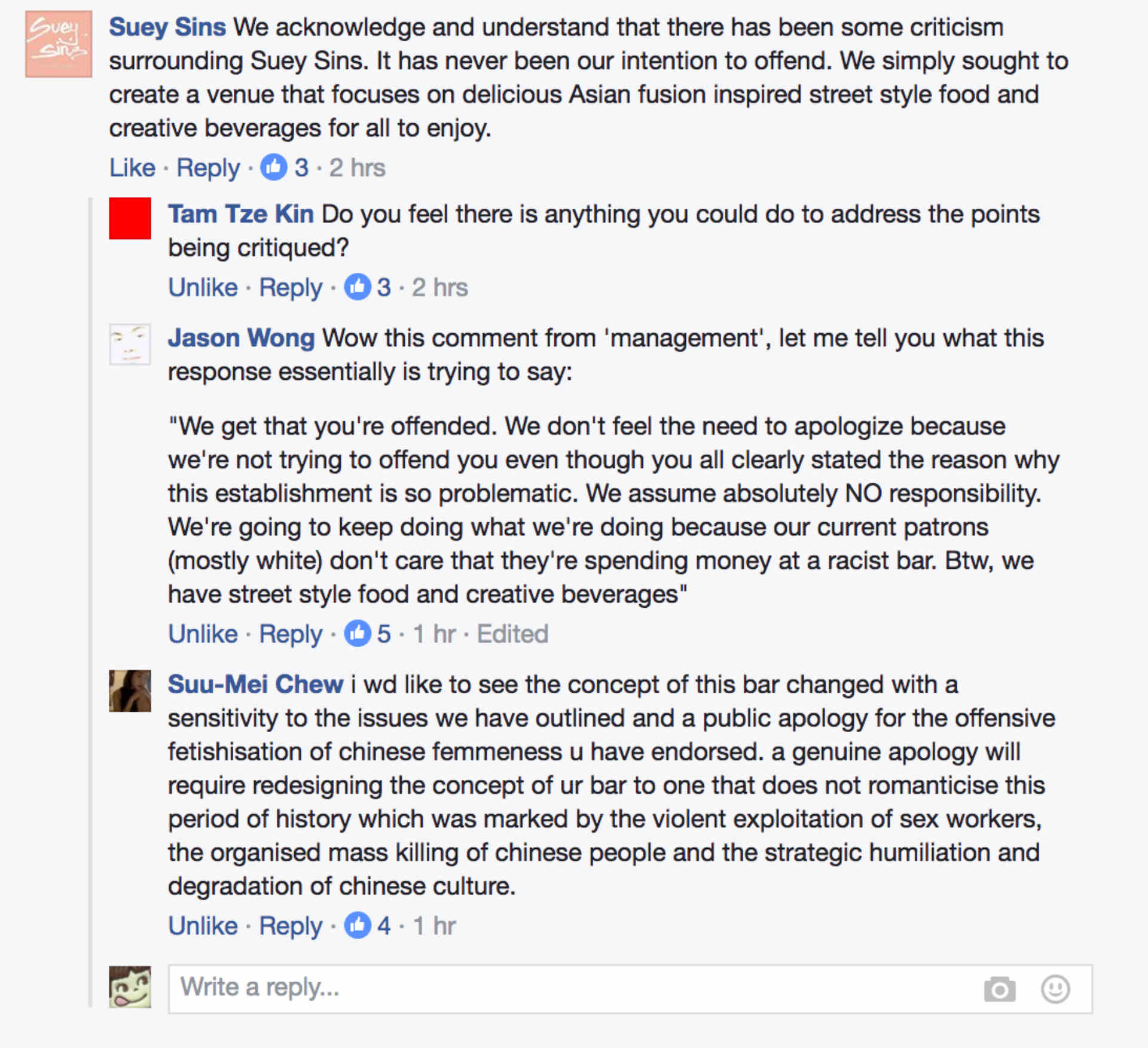
From the mural (and bar logo) featuring a naked woman, to the implication that rampant prostitution that catered for increased global trade (and traders) in China at the time was "seductive" and "alluring", public opinion has been that the bar ignores the fact that portraying Chinese women as nothing more than sex objects is damaging to both Chinese culture, and to the cultural status of women.
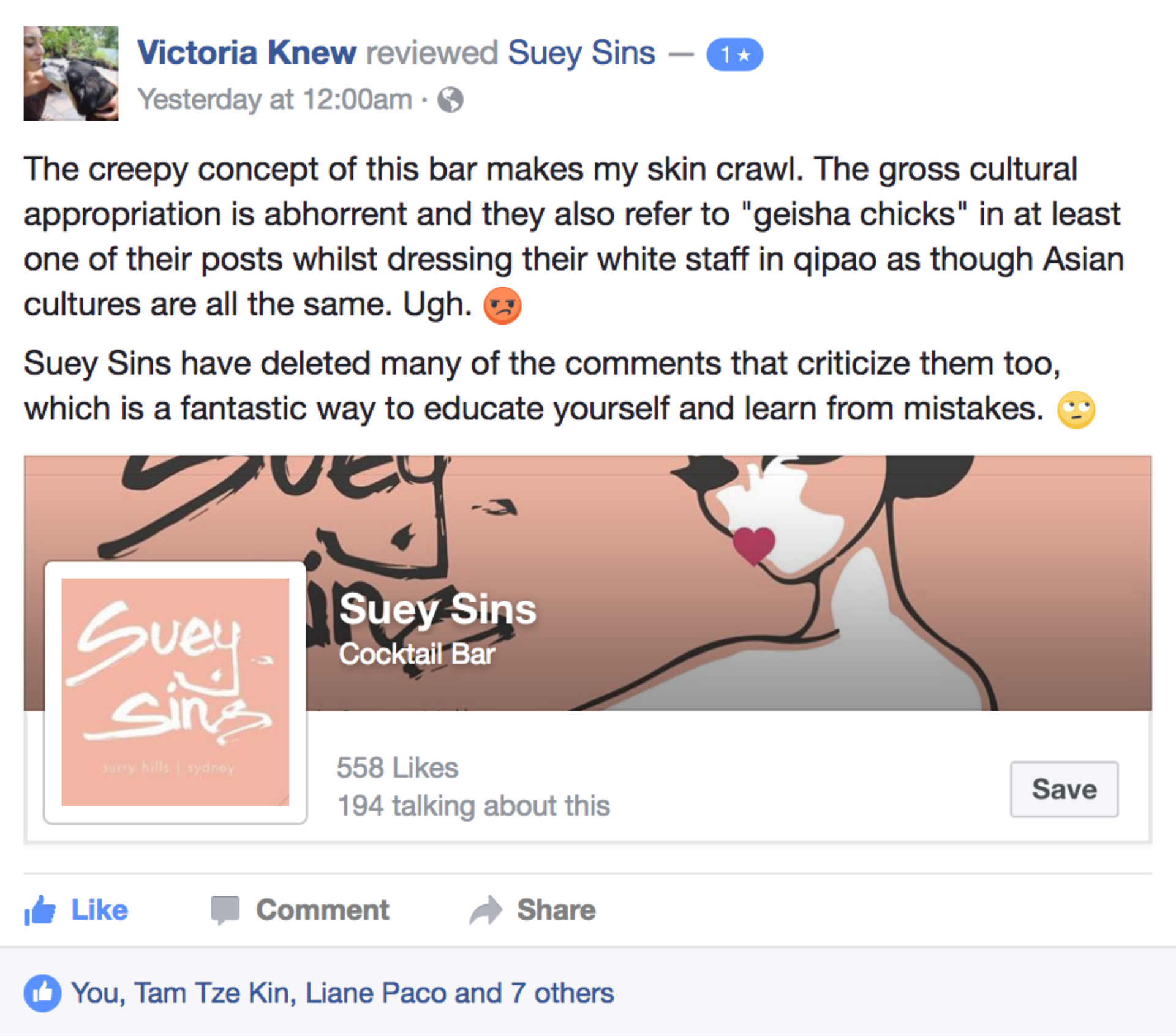
Here are the staff in their Suey Sins uniform:
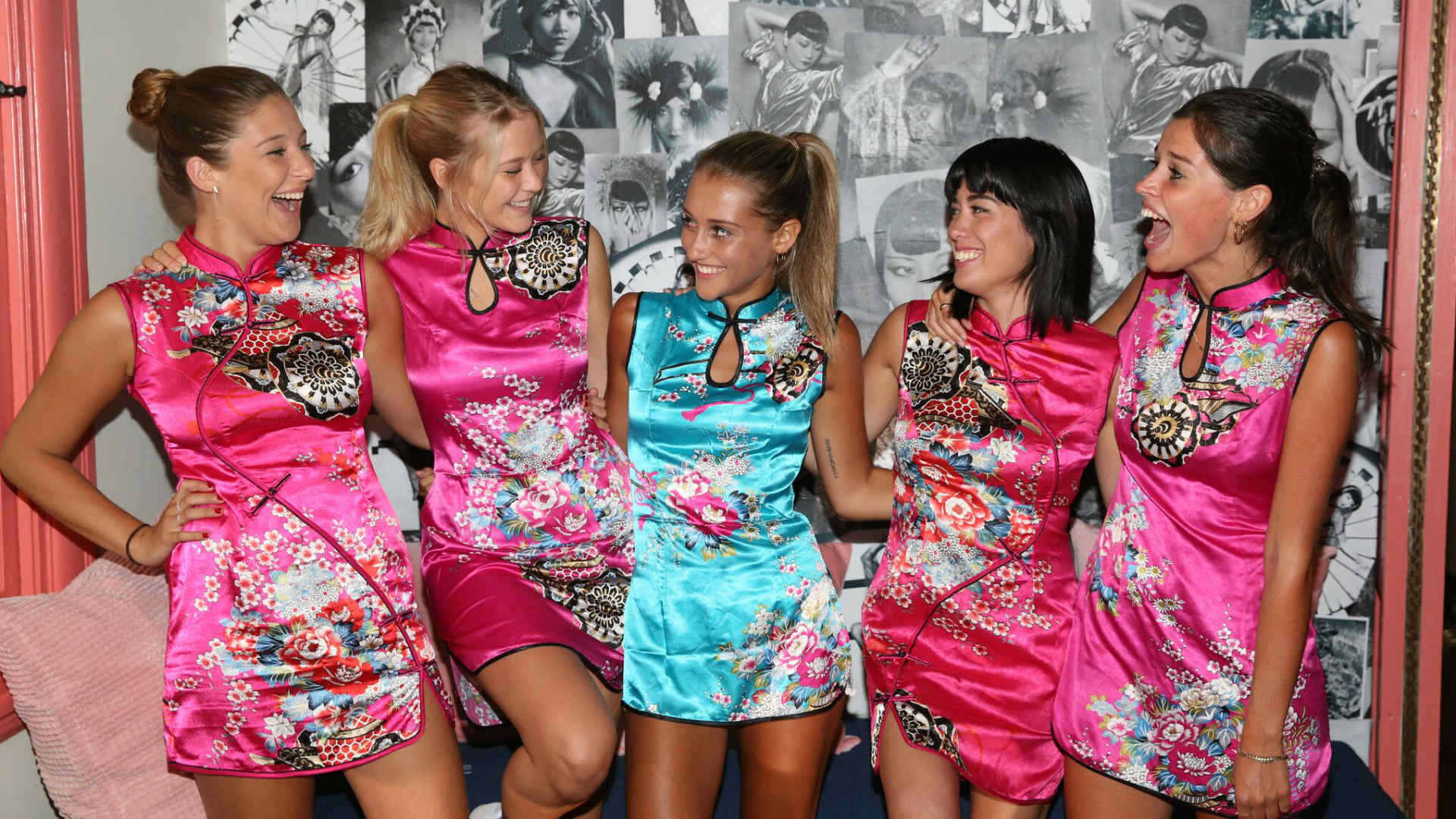
And, for the record, this is how the bar is marketing their menu on Instagram (and quietly, mie goreng is Indonesian. Mee goreng is the Malaysian spelling of an Indonesian dish, although the dish is, granted, derived from Chinese chow mein):
Chinese history during the 1920s is not best characterised as "sexy" or "old world", but is instead more appropriately viewed through the lens of the warring political ideologies that shaped the country. In 1923, civil war started brewing as Chinese nationalists clashed with the growing Communist party. The civil war, in part, came about as a result of the power vacuum left by the abdication of the last emperor, Puyi, in 1912. The last Qing emperor's abdication led to decades of warlord factionalism and a civil war that technically still hasn't ended.
It would be unfair and incorrect to suggest that West intended for her bar to offend, as it's always a bad business to open a venue that people won't like. However, considering the reaction the public has had, current debates surrounding the alteration of Section 18C of the Racial Discrimination Act, Hollywood 'whitewashing' in films such as Ghost in the Shell, and the misrepresentation of women in both media and society, offence has been caused and documented, despite the dubious strategy of removing negative comments on social media.
At the time of writing, The Social Group, who runs the publicity for Suey Sins, informed us that the venue did not wish to comment at this stage.
UPDATE MARCH 25, 2017: Routledge Handbook of the Chinese Diaspora, edited by Chee-Beng Tan, suggests Suey Sin was a Chinese woman working in the film industry in Los Angeles in the 1920s. So, not pre-war Shanghai, or a 'call girl', but the timing is right. This article has been updated to reflect this.

